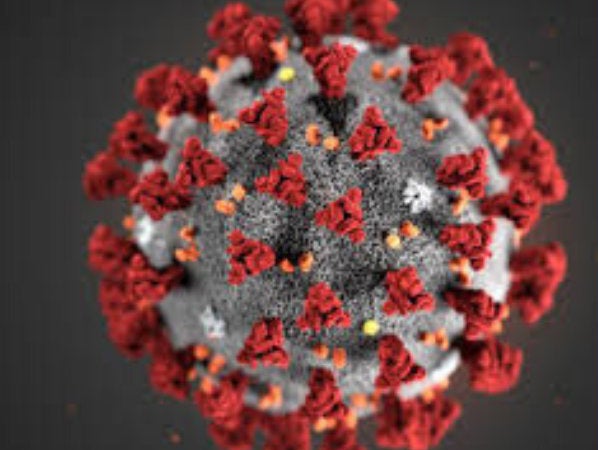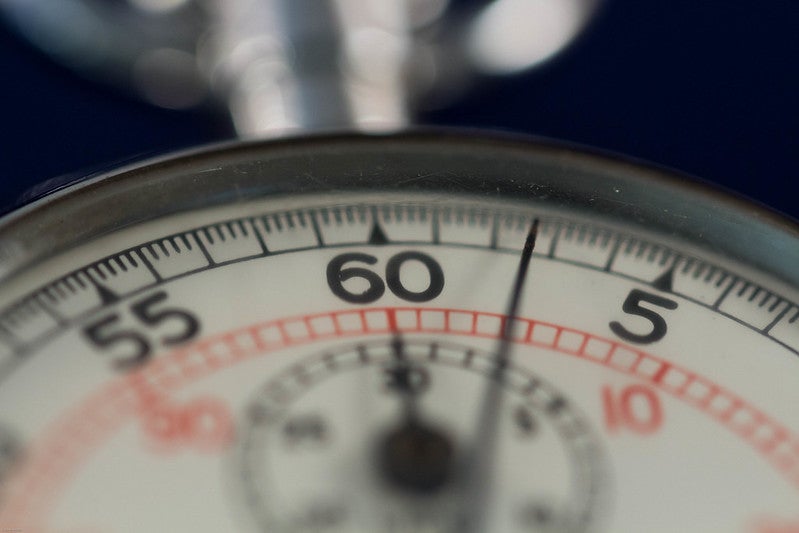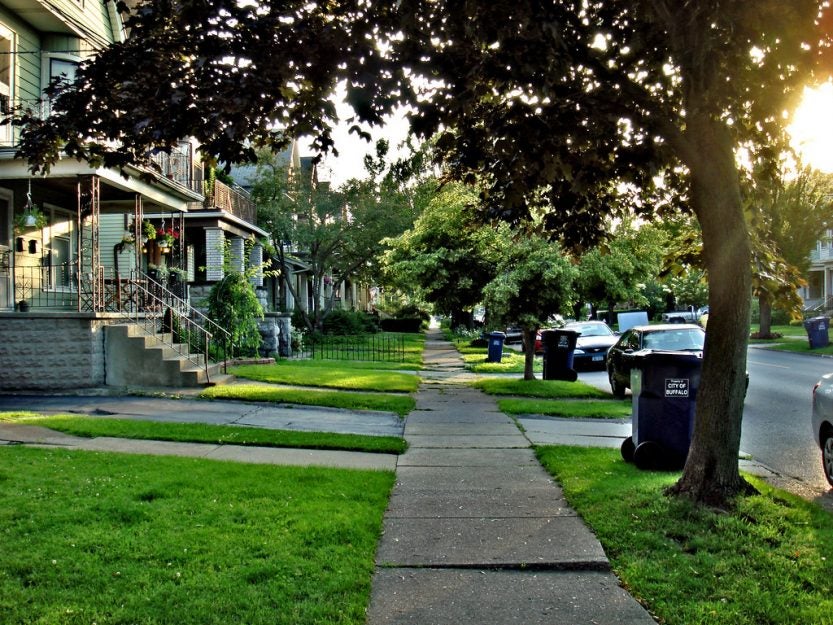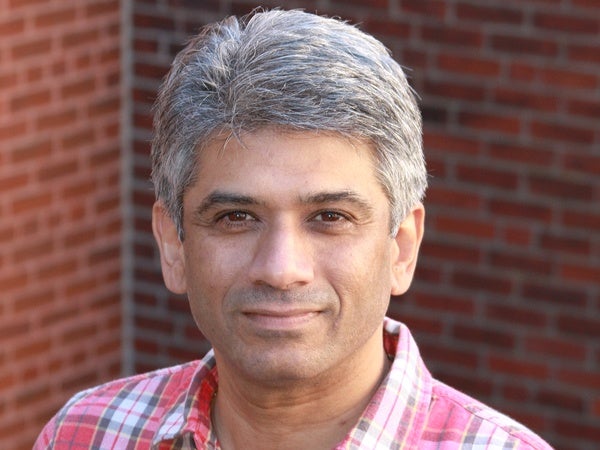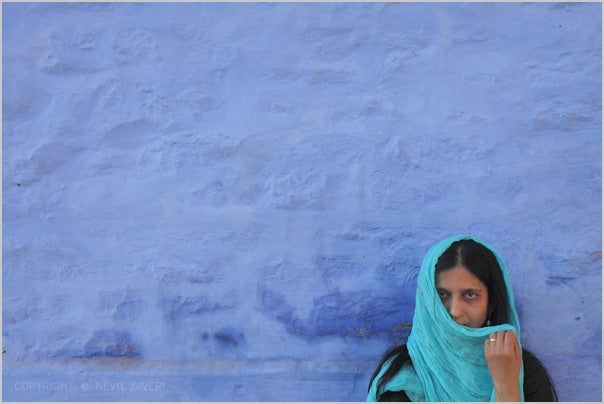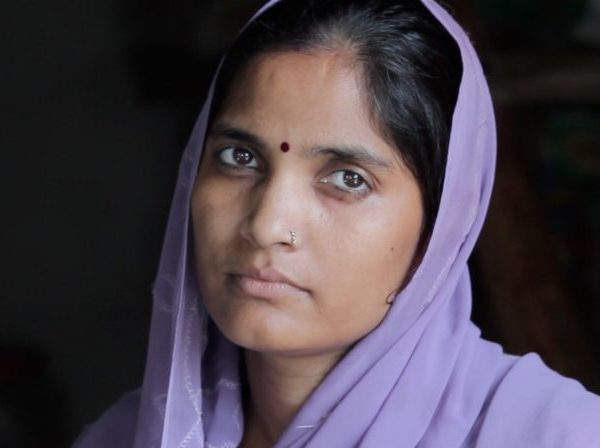A review published in the European Journal of Epidemiology finds that during the Ebola epidemic, for example, when there was in increase in forecasting studies, the number of cases and deaths were overestimated by most of the studies. “Only once COVID-19 is behind us will we know whether prediction models did better than their counterparts from the Ebola epidemic. Until then, it is critical that researchers communicate the contexts and…
Weighing the value of crowdsourced versus official COVID-19 data in India
A piece on natureindia.com written by researchers affiliated with the Harvard Pop Center — Weixing Zhang, Rockli Kim and S V Subramanian— highlights the importance of timely data on COVID-19 infection rates in order to slow the spread of the virus. Crowdsourced data, although not verified by the Indian Council of Medical Research (ICMR), has the advantage when it comes to speed, as it may be available up to two…
Continue reading “Weighing the value of crowdsourced versus official COVID-19 data in India”
Narrowing in on disparities in life expectancy across the U.S. with help of census-tract level data
A study published in PNAS is the first to look at life-expectancy data at the local, state, and county levels across the U.S. Findings reveal significant disparities at the micro level (census-tract) suggesting that analyzing life expectancy data at the typical state and county levels may not be local enough to get an accurate picture of life expectancy inequalities. “There is a need for greater precision and targeting of local…
Professor Subramanian named to multi-disciplinary commission launched to address global COVID-19 response
The Journal of Global Health Science has launched a commission comprised of scientific and social science scholars from a wide range of disciplines to help foster global engagement and cooperation in the handling of the COVID-19 pandemic. S (Subu) V Subramanian, PhD, Harvard Pop Center faculty member and professor of population health and geography at the Harvard T.H. Chan School of Public Health, has been selected as a member of…
In India, women face higher risk of death from COVID-19 than men
The findings of a study published in the Journal of Global Health Science show that women In India , particularly in certain age groups, do not have the biological advantage over men of fighting off COVID-19. The authors suggest that social determinants of health, such as access to healthcare, and health and nutritional status, could be undermining the female advantage witnessed in many other countries. Authors on the study include…
Continue reading “In India, women face higher risk of death from COVID-19 than men”
Prevalence of diabetes among subset of women in India varies by region
This cross-sectional study published in Journal of Diabetes & Metabolic Disorders by faculty member S V Subramanian and his colleagues Shrikant Singh and Parul Puri found that the burden of diabetes among women (ages 35-49) was higher in the southern and eastern parts of India, and was lower in central India. Read more about the study on Hindu.com and in this news post by the Harvard T.H. Chan School of…
Continue reading “Prevalence of diabetes among subset of women in India varies by region”
How could we get a more accurate picture of prevalence of COVID-19 without universal testing?
Professor S (Subu) V Subramanian, PhD, has co-authored a letter published in Lancet Global Health in which he and co-author K.S. James suggest that a random-sample-based population surveillance framework like the Demographic Health Survey (DHS), or in India’s case, the National Family Health Survey (NFHS), could be cost-effectively leveraged to help establish the prevalence of the novel virus in the populations of developing countries. Learn more… Harvard Chan School news…
Mothers in India who experienced neonatal death of child found to be at increased risk of additional neonatal deaths
Harvard Pop Center faculty member S (Subu) V Subramanian, PhD, and visiting scientist Rockli Kim, ScD, are among the authors of a study published in the JAMA Open Network that could help to identify high-risk pregnancies and potentially reduce the neonatal mortality rate in India. Read the Harvard T.H. Chan School of Public Health website.
Study of Hurricane Katrina survivors offers unique insights into impact of neighborhood gentrification on health
Researchers affiliated with the Resilience in Survivors of Hurricane Katrina (RISK) project have published a paper that takes a look at the health impacts of being displaced into a gentrified neighborhood. The researchers did not find evidence of significant effects on BMI, self-rated health, or psychological distress. Photo: Ted Eytan on Flickr
Using a machine learning approach to shed light on relationship between SES and women’s height
Even though height is commonly correlated with socioeconomic status (SES), SES is not known as a reliable predictor of height. In this study, Harvard Pop Center Bell Fellow Adel Daoud, Research Associate Rockli Kim, and faculty member S (Subu) V Subramanian utilized machine learning algorithms to assess whether there were non-linear patterns in the data that might shed more light on the relationship between height and socio-economic status.
